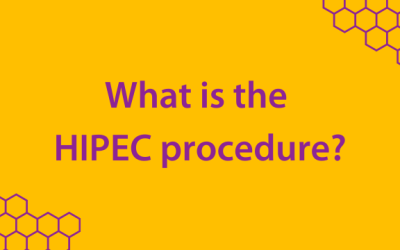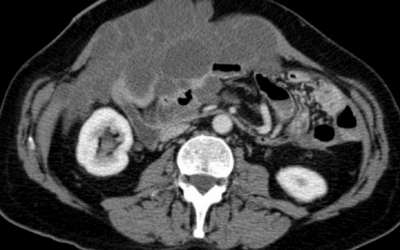
AS HIPEC is delivered after cytoreductive surgery (CRS), the success of the treatment depends on whether the surgeon can remove all the cancer and then provide intraperitoneal chemotherapy. The goal is to either cure the cancer or decrease the likelihood of it returning.
To determine if you are a candidate for HIPEC, surgeons typically conduct a thorough evaluation, which includes imaging tests such as CT scans and MRI scans, blood tests, and a review of your medical history. Another factor is the experience and expertise of the surgical team. The evaluation process may also involve a multidisciplinary team of specialists, including medical oncologists, surgical oncologists, radiologists, and pathologists, who collaborate to determine the best treatment plan for you.
If you have health problems that make it hard for you to have a long surgery (CRS), or if the surgery is unlikely to help you, then this treatment might not be the best choice for you.
It is important to note that HIPEC is a complex and specialized procedure with a long learnong curve which is why it so important to seek out a pseudomyxoma peritonei (PMP) or appendix cancer specialist.
References
Comparison of serial debulking and cytoreductive surgery with hyperthermic intraperitoneal chemotherapy in pseudomyxoma peritonei of appendiceal origin
Järvinen, P., Ristimäki, A., Kantonen, J. et al. Comparison of serial debulking and cytoreductive surgery with hyperthermic intraperitoneal chemotherapy in pseudomyxoma peritonei of appendiceal origin. Int J Colorectal Dis 29, 999–1007 (2014). Retrieved April 5, 2023, from doi:10.1007/s00384-014-1933-8
Long-Term Survival in Patients with Pseudomyxoma Peritonei Treated with Cytoreductive Surgery and Perioperative Intraperitoneal Chemotherapy: 10 Years of Experience from a Single Institution
Chua, T.C., Yan, T.D., Smigielski, M.E. et al. Long-Term Survival in Patients with Pseudomyxoma Peritonei Treated with Cytoreductive Surgery and Perioperative Intraperitoneal Chemotherapy: 10 Years of Experience from a Single Institution. Ann Surg Oncol 16, 1903–1911 (2009). doi:10.1245/s10434-009-0341-8
Learning Curve of Cytoreductive Surgery and Hyperthermic Intraperitoneal Chemotherapy - an Analysis of Critical Perioperative and Surgical Outcomes among 155 Peritoneal Surface Malignancy Patients Treated at a Tertiary Care Cancer Centre
Accelerating the learning curve in cytoreductive surgery and hyperthermic intraperitoneal chemotherapy using an external mentor model.
In case you missed it…
What surgery is called the mother of all surgeries?
Treating pseudomyxoma peritonei and appendix cancers can be challenging.
What is the HIPEC Procedure?
HIPEC (hyperthermic intraperitoneal chemotherapy) is a medical procedure that’s sometimes used to treat advanced cancers that have spread to the lining of the abdomen.
BromAc trial in Spain
Dr Arona Sanchez from Cordoba tells us about an exciting new trial for patients experiencing a recurrence of PMP.
Photo credit: Hellerhoff, CC BY-SA 3.0, via Wikimedia Commons



